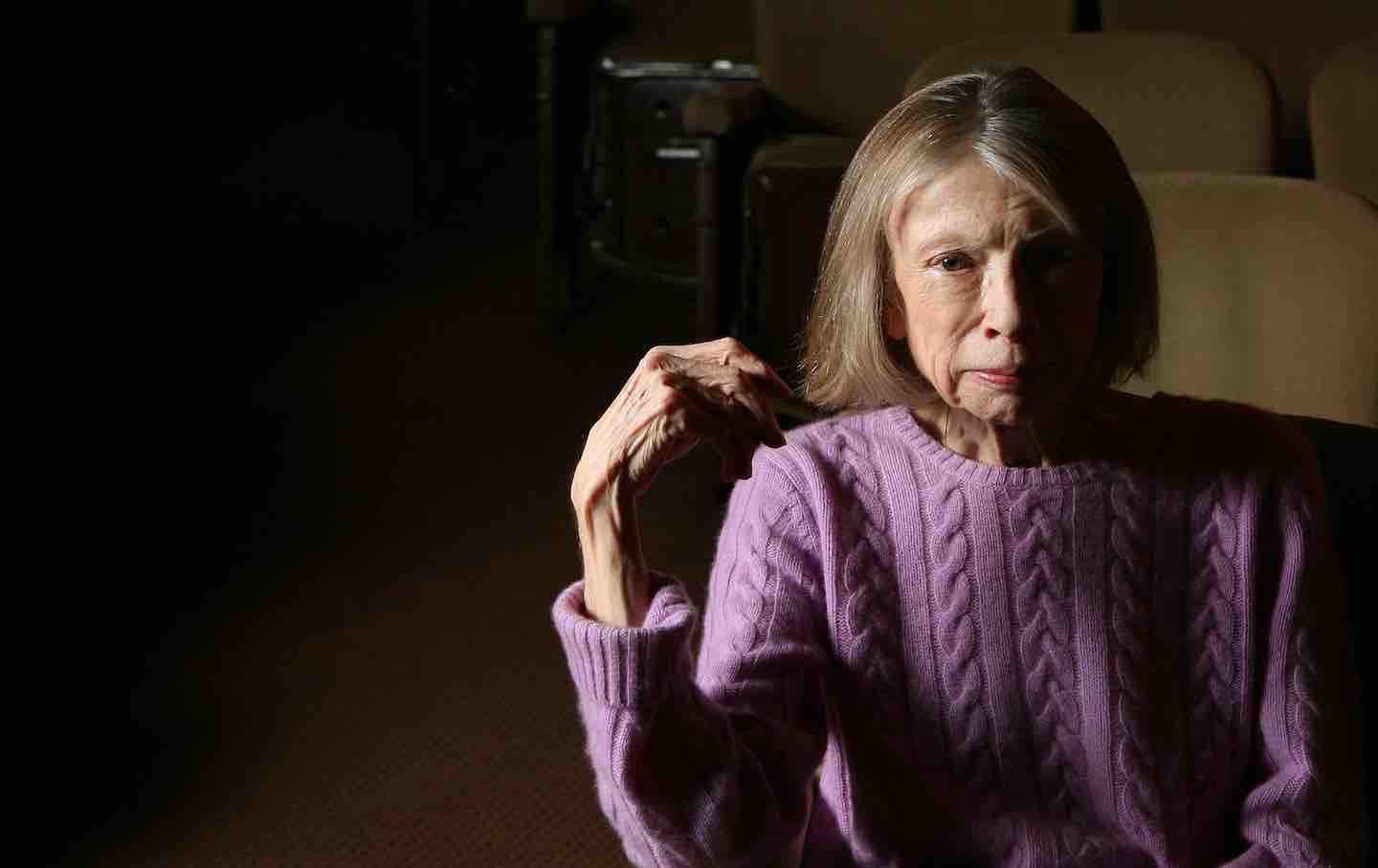
"Didion's recollections focus less on Hearst and more on her own contradictory identity shaped by her California roots, showcasing her conflicted feelings about the place."
"The trial of Patty Hearst served as a backdrop for Didion to reflect on her own experiences in California, rather than a direct commentary on the events."
"Didion's notes reveal her deep-seated need to define herself against the backdrop of California's culture and her own discomfort with that identity."
"Hearst represented a generational confusion and excess, making her an ideal subject for Didion's critique of postwar American life."
In 1976, Joan Didion was sent to cover Patty Hearst's trial, which showcased generational confusion and excess. However, Didion's notes on the event focused more on her disaffected relationship with California, emphasizing her contradictory identity. This included reflections on her childhood attire influenced by romantic ideals and her feelings of loneliness while yearning for a cosmopolitan life. Ultimately, the trial became a backdrop for Didion's introspective exploration of her own identity rather than a direct examination of Hearst or the trial itself.
Read at The Nation
Unable to calculate read time
Collection
[
|
...
]